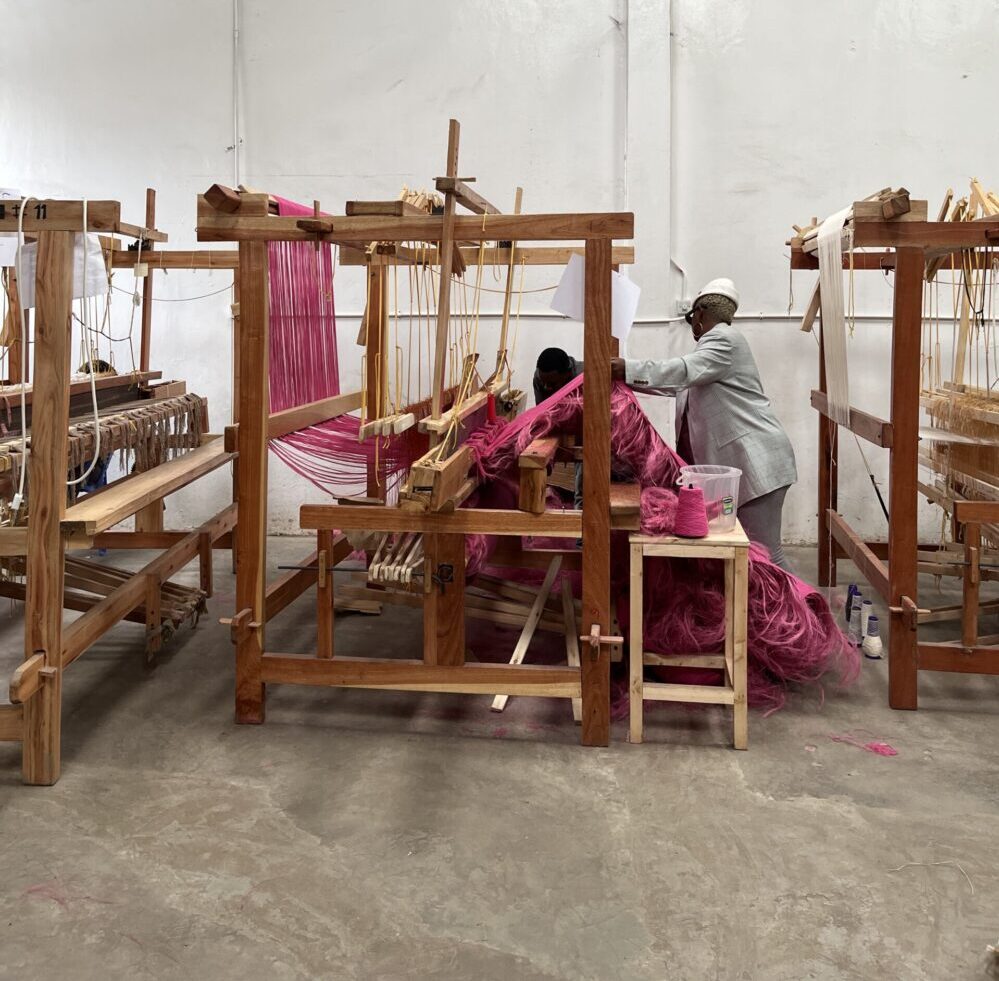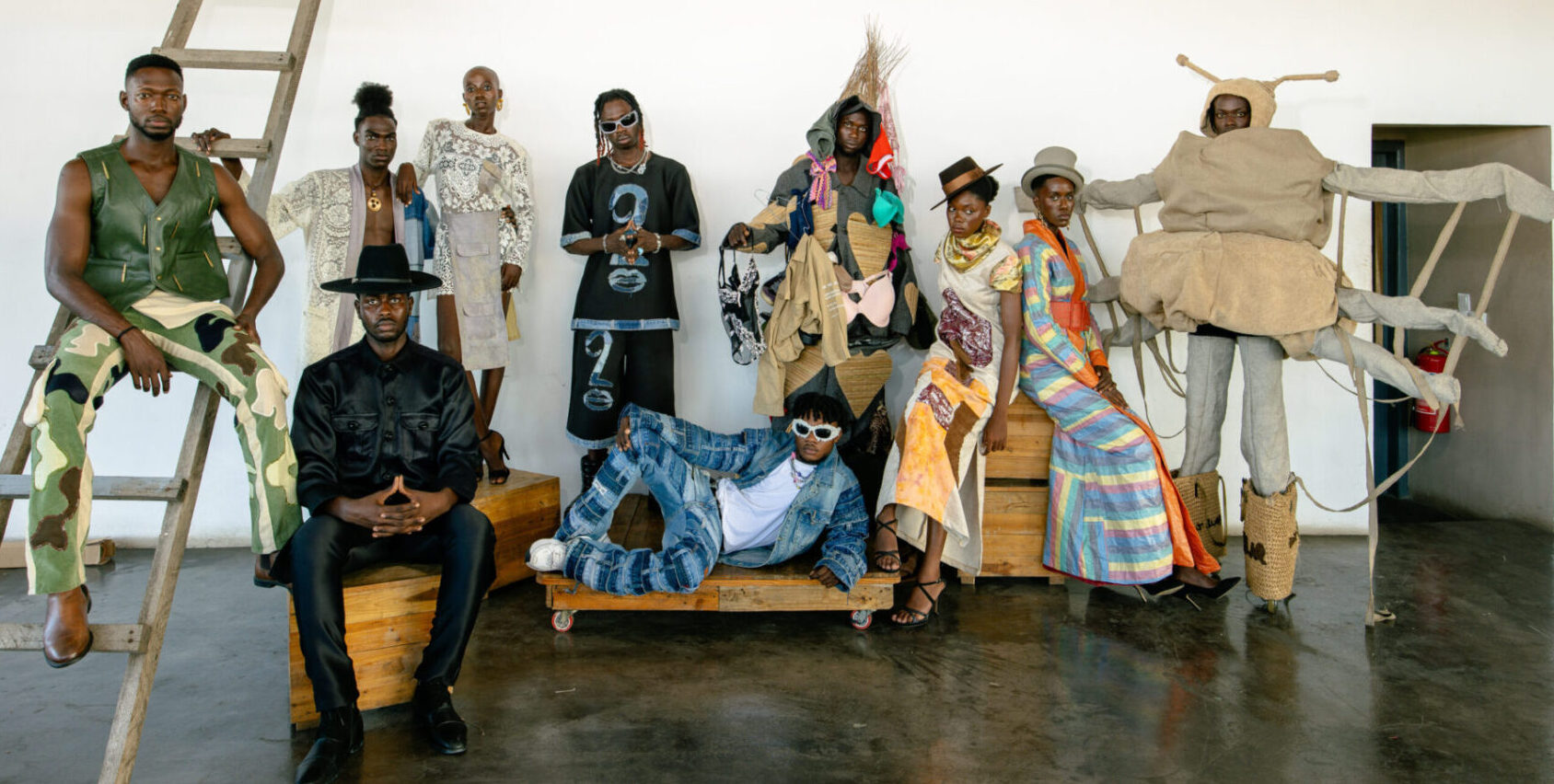In her own words, the Bamako-based designer and artist shares her creative journey through sustainable development
“I was born in France and raised in Abidjan by my Malian mother and Ivorian father. In our home we were always having dinners with artists and intellectuals from all over the world so from an early age I learnt to be passionate about our roots but also connected to a mix of cultures. My mother, an activist, writer and diplomat, was best friends with [Malian fashion designer] Chris Seydou so when she got a new job in Bamako, we all moved there together. It was then that he started to revolutionise bògòlanfini [Malian mud cloth]. I wasn’t interested in fashion at that time but I admired his genius and he was like an uncle to me.
I went on to study sociology and anthropology at Stoney Brook University in New York. One of my professors had spent some time in Mali and one day she talked about my culture. I didn’t agree with what she was saying but hadn’t been to the places she’d been so I couldn’t correct her. That gave me the idea to return home and travel across the country by bus for a year. I stayed two months in a Fulani village where people were facing unimaginable poverty but they made baskets so we opened a cultural space in Bamako where we sold them. That’s how I came to see that craft and art can make a real change.
We launched the Routes du Sud association in 1998. I visited the Dogon region to see what they do with indigo dye and to Timbuktu for the embroideries. I saw how Mali was a beautiful mosaic with great potential. The challenge was to put all of those skills together and innovate them. And so, we established the Daoulaba cotton festival as a way to exchange and show off the crafts we have.
Meanwhile, after Chris passed, his mother asked my mother how to honour his work and they tasked me with finding a way. I wasn’t a designer and Chris is irreplaceable, but that’s how my brand started in 2000. Little by little, I took what I’d learnt from him and others and followed my heart. Everything we do is based on woven cotton because it can embody all types of craft in Mali. Our country is a huge producer of cotton but we only transform 2% of it and the rest is exported. Also, most of it is not organic but we work with what we have and ensure that all of our design processes are organic.





